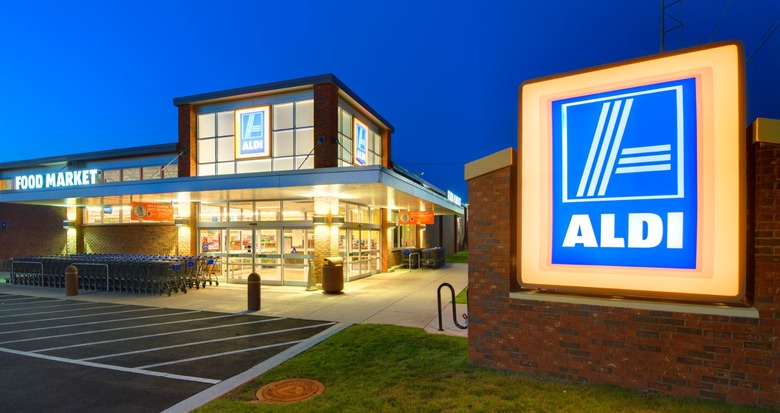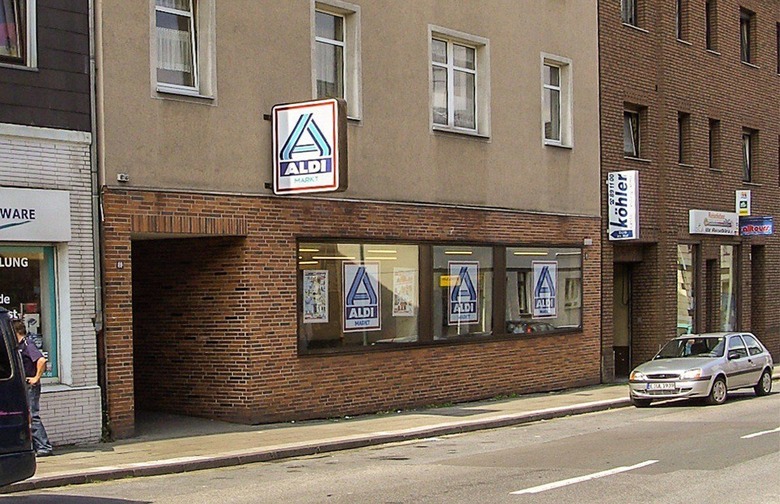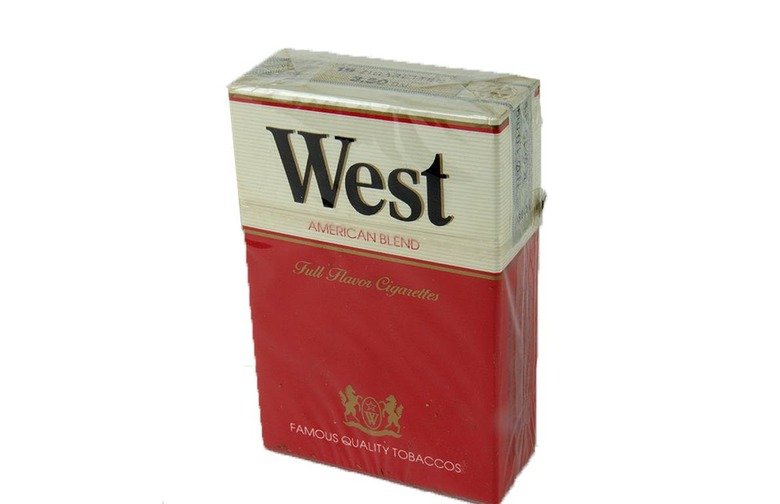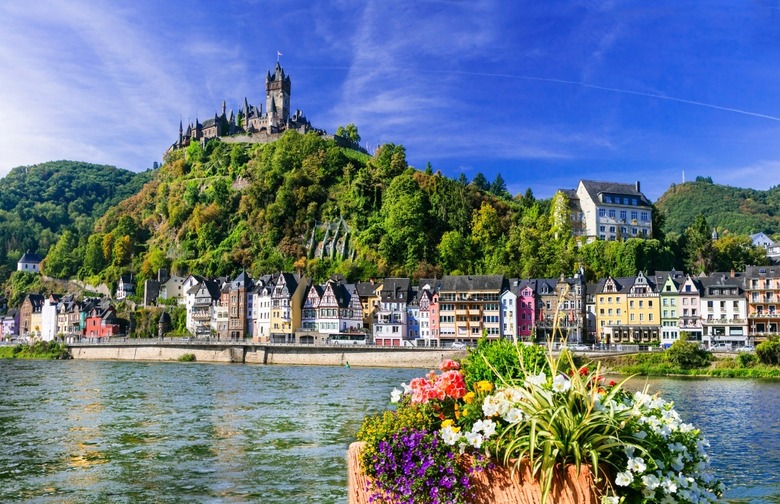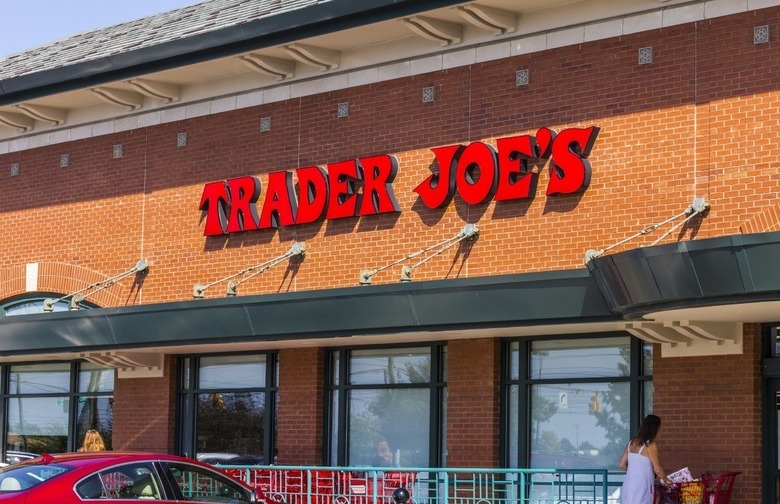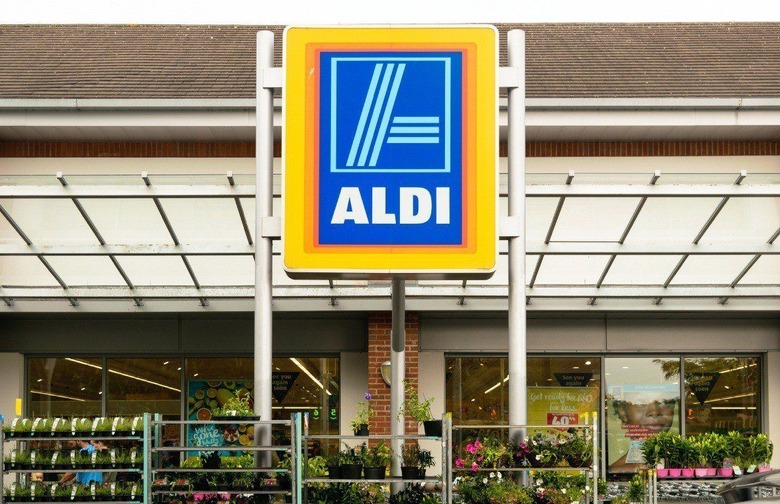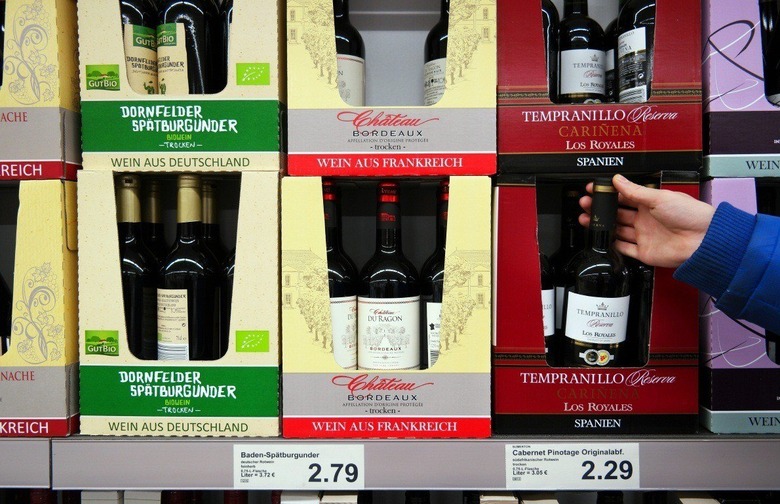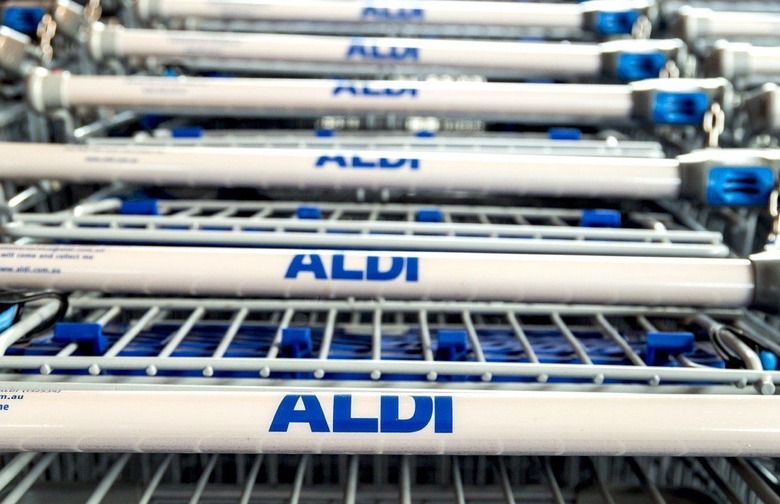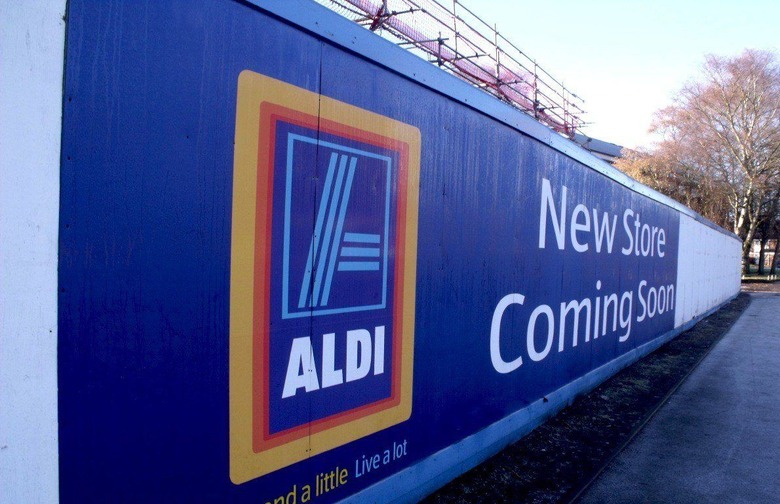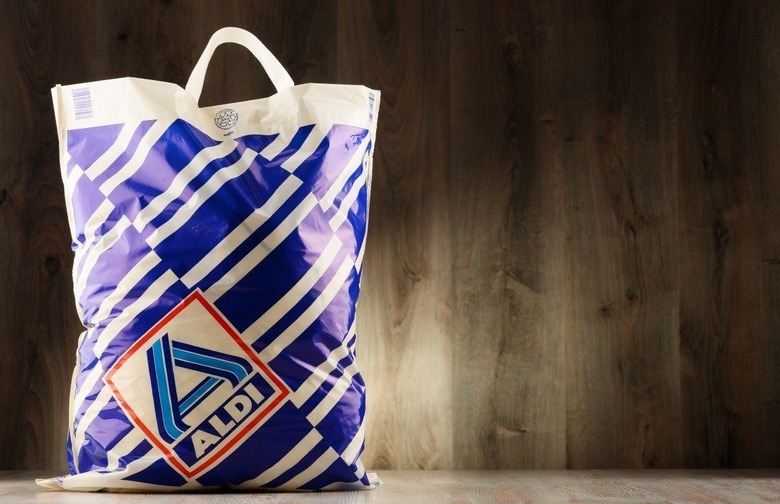Things You Didn't Know About Aldi Gallery
If you haven't heard of the German supermarket chain Aldi, you probably will soon. This massive discount chain has more than 10,000 locations in 18 countries, including 1,659 in the U.S., and it shows no signs of slowing down any time soon.
Aldi was founded in 1946, when two brothers, Karl and Theo Albrecht (who were 26 and 24 years old, respectively) took over a small grocery store run by their mother in a suburb of the German city of Essen. In 1960, after a huge expansion, the company split in two, with each brother taking half: Karl took Aldi Süd (South), and Theo took Aldi Nord (North); the name Aldi itself is short for "Albrecht Diskont." Both companies are represented in the U.S.; Aldi Süd operates under the Aldi name, while Aldi Nord exists as another chain that we bet you've heard of (more on that later).
As opposed to most supermarket chains, Aldi primarily sells its own brands, with only a handful of other branded products. This helps them to keep prices down, which originally led to the chain having a reputation for selling low-quality products; thankfully that's gone by the wayside. Aldi shops also tend to be smaller than those of the competition because they usually only offer one or two varieties of each product. In the U.S., you'll also find plenty of imported gourmet foods from Germany, a nice perk.
Aldi isn't really like any other supermarket out there, and it's well on its way toward staking a major claim for itself in the crowded competitive landscape of American supermarkets.
The Original Essen Location Is Still in Operation
The very first Aldi — the shop once owned by the Albrechts' mother — is still open for business today in the suburb of Schonnebeck.
The Company Split in Two Because of a Dispute Between the Owners
In 1960, the company, which at that time had 300 locations and was simply called Albrecht, was divided into two, Aldi Süd and Aldi Nord. The reason? One brother wanted to sell cigarettes, the other didn't.
Karl Albrecht Died the Richest Man in Germany
By the time of his death in 2014 at age 94, the reclusive Karl had amassed a fortune of about $29 billion, making him one of the wealthiest men on earth. At that time, the sons of Theo Albrecht (co-owners of Aldi Nord) had also made a pretty penny for themselves, about $27 billion.
Aldi Nord Owns Trader Joe’s
All Aldis in the U.S. operate under the umbrella of Aldi Süd. Instead of opening his own U.S. locations, in 1979 Aldi Nord's Theo Albrecht decided to buy a fledgling American grocery store chain with a similar concept of primarily selling inexpensive store brands: Trader Joe's. Ownership of the chain passed to Theo's sons after his 2010 passing.
It Was Cash-Only Until 2004
Aldi didn't accept any payment other than cash until 2004. While it now accepts debit cards (and credit cards in only the U.S., Great Britain, and France), in Germany it only accepts cash and Girocard debit cards.
On Average, a New Store Opens in Britain Every Week
Branded Products Usually Sell at a Discount
There are a handful of branded products sold at Aldi, including Haribo gummies and Oscar Mayer bacon; because the company receives these at a discounted rate from the vendor, they can sell these brands at a lower price than other supermarkets.
It Doesn’t Accept Coupons
Because prices are already so low, Aldi doesn't distribute any coupons of its own or accept manufacturer's coupons for products they stock. (Neither does Trader Joe's.)
It’s Germany’s Biggest Wine Seller
More wine is sold at Aldi than at any other German wine shop. Where it's allowed by law, you can buy wine at U.S. Aldis as well; its $7.99 rosé is especially tasty.
In The U.S., Aldi Has a Reputation for Paying Well
Because locations don't need to hire as many employees as most supermarkets, in the U.S. most starting Aldi employees earn a salary higher than minimum wage.
It’s Spending $1.6 Billion on Remodeling Its U.S. Stores
As part of a big new initiative launched last year, by 2020 all U.S. stores will feature "modern design, open ceilings, natural lighting, and environmentally friendly building materials — such as recycled materials, energy-saving refrigeration, and LED lighting," according to the company.
Trans Fats, Artificial Colors, and MSG Have Been Removed From Their U.S. Products
In 2014, Aldi began the process of removing MSG, trans fats, and synthetic colors from all of their store-brand products, which was completed by the end of 2015. They've also introduced a line of gluten-free products and added more organic produce to their offerings.
More From The Daily Meal:
Ways You're Wasting Money at the Supermarket
21 Great Dishes You Can Make With Supermarket Rotisserie Chicken
